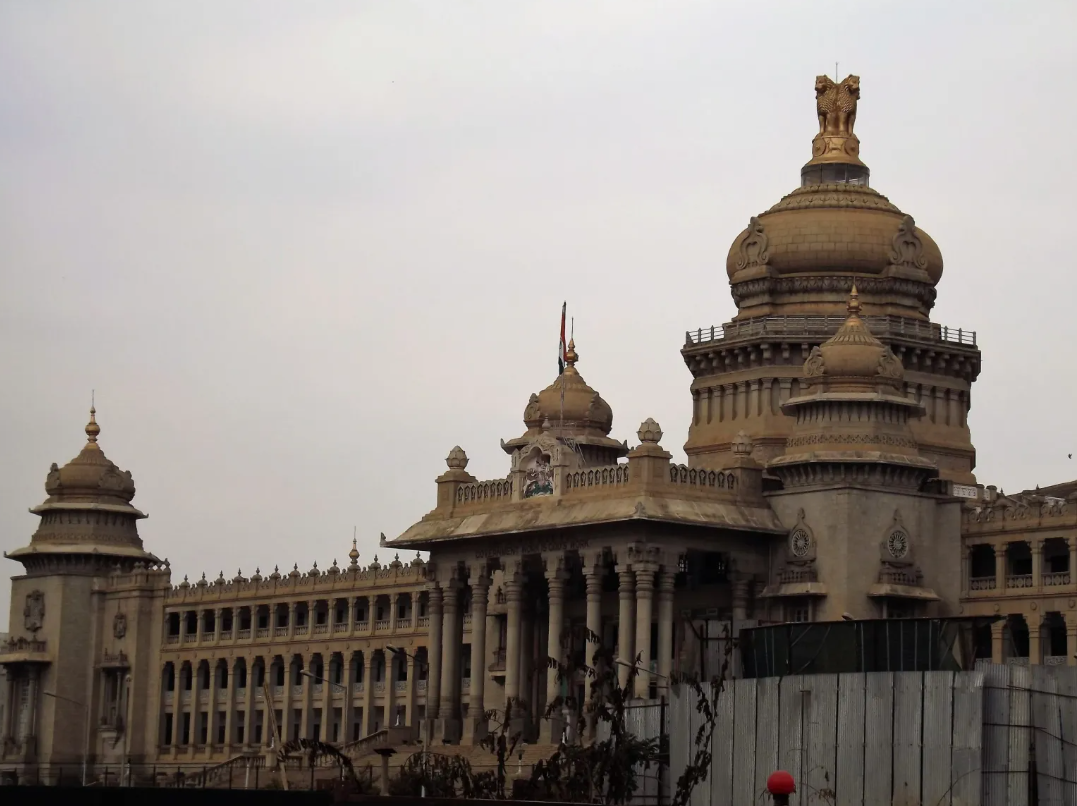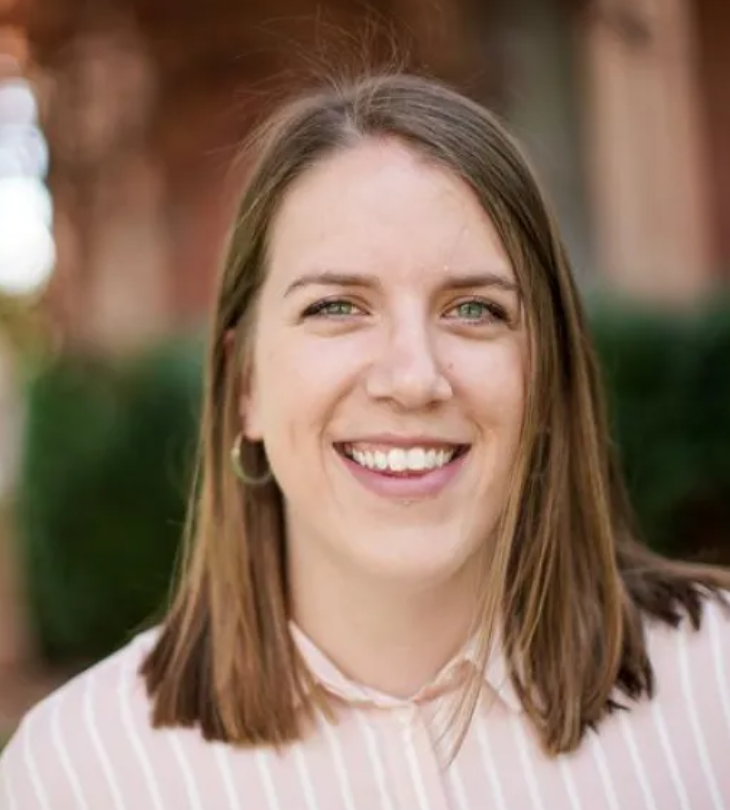November 2022 Interfaith News Roundup
by Paul Chaffee
Unexpected Stories
Sympara is a North Carolina organization founded 19 years ago. The multifaith/interspiritual community of practice “repurposes closed religious properties, activates underutilized congregational spaces, and mobilizes members and neighbors for the common good.” That may sound like death to some, like rebirth to others. Or perhaps both?
Alexander Mashkevitch – Photo: Wikipedia
Businessman Alexander Mashkevitch, an Israeli-Kazakh billionaire, has donated $62 million to various religious cause in recent years. Most of the money has gone to building churches, mosques, and synagogues in his native Kazakhstan, where he has become a leader in promoting interfaith dialogue. Kazakhstan has an ancient tradition of peace and reconciliation garnered by being at the center of world trade routes and various traditions bumping into each other and learning to be friends.
When the pandemic shut down Paris, Rabbi Delphine Horvilleur began weekly Zoom sessions devoted to Jewish texts, often exploring issues related to death. Now thousands are following her each week, not just Jews, but Christians and Muslims, believers and non-believers. One of five women rabbis in France, one of the world’s most secular countries, Rabbi Horvilleur is evoking and responding to a deep spiritual hunger.
Buried, cremated, or … composted? Human composting, or “natural organic reduction,” is now a legal in California, joining Washington, Oregon, and Vermont. Motivated by ecology and the environment, some find human composting a welcome option. It is ‘green’ and gaining in popularity. Catholic bishops in California, on the other hand, strongly oppose legalizing the practice.
Photo: QuotesGram
Religious leaders in Bowie, Maryland this past summer organized a three day, 8-to-11 year old Vacation Interfaith School. The summer program was hosted by the Interfaith Coalition of Bowie, an organization that was inspired by a vigil mourning the death of George Floyd, and came to be through the organizing gifts of a Seventh Day Adventist layperson and a rabbi from a Reform congregation.
Big Issue, as Usual
Pope Francis recently premiered a new film at the Vatican called “The Letter,” directed by Emmy winner Nicholas Brown and focused on the environment. It is based on his 2015 encyclical, Laudato Sì, addressed to “all people of good will” and urging an interconnected vision for humanity and the planet. The film is the pontiff’s passionate plea for us all to take much more seriously the devastation and destruction climate change is causing across the globe and to take action to address this crisis before it’s too late. The documentary will be distributed widely, particularly to schools, and be available on YouTube. See the trailer here.
The National Religious Partnership for the Environment released a report titled “Stories on the Lands: Showcasing Black History on Public Lands.” It makes a strong case that Black Americans have been largely left out of the history and engagement with public lands, including national parks.
Indigenous Spirituality, Indigenous Land
Naming Indigenous traditions and peoples in the aggregate can be confusing. Native Americans is preferred much of the time, but if your Irish American family lives in a home your forebears built 150 years ago, do you qualify as “Native”? I’ve asked a number of Indigenous leaders what they prefer, and American Indians often is the choice. Indigenous Americans seems to qualify, but can be awkward if repeated over and over. Personally, I use them all and feel blessed by the richness of our native tongue and all the stories it brings us.
Kikuyu woman in traditional dress – Photo: Wikimedia
Kenya’s ancient indigenous tradition, Kikuyu, is being rekindled following several centuries of oppression. Professor Jacob Olupona, who teaches African religion at Harvard Divinity School, notes that “Colonialism destroyed indigenous African religions, labelling them primitive and not good for the modern age.” Wairimu Mukuru is helping turn the tide. She began sharing her videos devoted to Kikuya on TikTok. Today her videos have been downloaded more than a million times by her 60,000 followers.
Seventy percent of all Cubans are followers of Afro-Cuban Santeria, a centuries old religious tradition that draws from African spirituality as well as Catholicism. Two women were secretly ordained into Santeria priesthood 22 years ago, and today there are hundreds of “iyanifas,” that is, “mothers of wisdom,” a development opposed by Santeria’s male priests.
“Co-management” is the word being used to foster better relations between government agencies and American Indians regarding public lands, particularly those which Indigenous communities treat as sacred. Debra Heyland, the first Native American to head the U.S. Department of the Interior, has issued new guidelines which begin to unpack co-managed possibilities. An excellent profile of this emerging movement was published in The Conversation recently.
Meanwhile, “the Tunica Biloxi Tribe of Louisiana has regained ownership of land that holds significant cultural value for the Tribe’s community.” And last month two American Indian tribes petitioned the U.S. Supreme Court concerning sacred land they’ve lost. They are asking for “the return of our sacred artifacts, the rededication of the area for our ancestors, and the promise that we can continue to worship as our tribes have done for centuries.”
A massive new website is being constructed called “Native Bound-Unbound: Archive of Indigenous Americans Enslaved.” It is being designed to mirror Enslaved.org – “a database that gathers records about the lives of enslaved Africans and their descendants.” Most people don’t realize that Indigenous peoples suffered in many of the same ways Black Americans suffered. Historians estimate that 2.5 to 5 million American Indians were enslaved between Columbus and the end of the 19th century.
“Why Do the Nations Rage?”
In a recent sermon, Russian Orthodox Patriarch Kirill has declared that Russian soldiers who die fighting Ukraine have all their sins forgiven, comparing their sacrifice to Jesus on the cross. A Ukrainian theologian responded that Kirill had replaced the Christian concept of “martyrdom” with “religious terrorism.”
Karnataka Legislature Assembly – Photo: Pixahive
India’s state of Karnataka is the most recent to pass stringent “anti-conversion” law, aimed at Christians and Muslims marrying Hindus. Converting someone for the sake of marriage risks imprisonment for “three to five years along with heavy fines in case of conversion due to ‘force, undue influence, coercion, allurement or by any fraudulent means’ or ‘by a promise of marriage.’ … Any person who is a ‘victim’ of attempts of ‘forced conversion,’ his or her relatives, or even an acquaintance, can file a complaint.” Hinduism’s right-wing religious and political powers thus continue their now widespread oppression of the 232 million Christians and Muslims living in this nation of 1.4 billion citizens.
Far right-wing conservatives are seeking to transform America into a Christian nation. Numerous organizations have sprung into being supporting the cause. One of the strangest, backed by Michael Flynn, is called the New Apostolic Reformation. It seeks to bring back first-century Christianity, promoting total theocratic societal dominion and an end to democracy,
On the other side of the table, The Interfaith Alliance held a conference in Washington DC on September 28, critiquing Christian nationalism and its support among some Republican leaders. Activists detailed how the movement is a threat to Democracy in America.
Meanwhile, a new Pew Research study suggests that by the seventies, if current patterns continue, Christianity will no longer be the majority faith in the United States. Fifty years ago Christians accounted for approximately 90 percent of the country. That fell to 64 percent by 2020. The report states that "If recent trends in switching [changing one's religious affiliation] hold, we projected that Christians could make up between 35% and 46% of the U.S. population in 2070."
File under step-in-the-right-direction: The Department of Homeland Security has established a faith-based council to secure advice that will help protect religious sanctuaries. It includes Christian, Jewish, Muslim, and Sikh clergy along with faith-based nonprofit leaders.
Getting to Know Each Other
Kelsey Dallas – Photo: Deseret News
Globally, journalism has been having a hard time, and being a religion journalist is even tougher. In fact, most people the world round think that religious news is underreported and badly reported. Kelsey Dallas unpacks the difficulties religion writers face.
In 2021 Pope Francis called for across-the-board, on-the-ground discussions throughout Catholicism’s global community about the institution and areas of concern. Last month a summary report was released indicating that Catholics are deeply divided over issues including “LGBTQ inclusion, clerical sexual abuse and celebrating the liturgy.” The conversations revealed a “profound sense of pain and anxiety.” But as the discussions went forward, the conversations “were embraced as a ‘seed of renewal’ to mend the fractures in the community.”
Resources
A new podcast titled Interfaith America with Eboo Patel launched October 11. Patel, one of the most important interfaith voices in America today, hosts the podcast, available at Interfaith America’s website, as well as Apple Podcasts and Spotify. Guests on the program have included, just to name a few, Simran Jeet Singh, john a. powell, and Krista Tippett.
A final thought from former Vice President Al Gore, speaking to Black interfaith leaders and environmental activists: “Nineteen of the 20 hottest years ever measured with instruments have been since 2002, and every day watching the international television news feels like a nature hike right through the Book of Revelation.”
Header Photo: Barbara Dieu, Flickr








